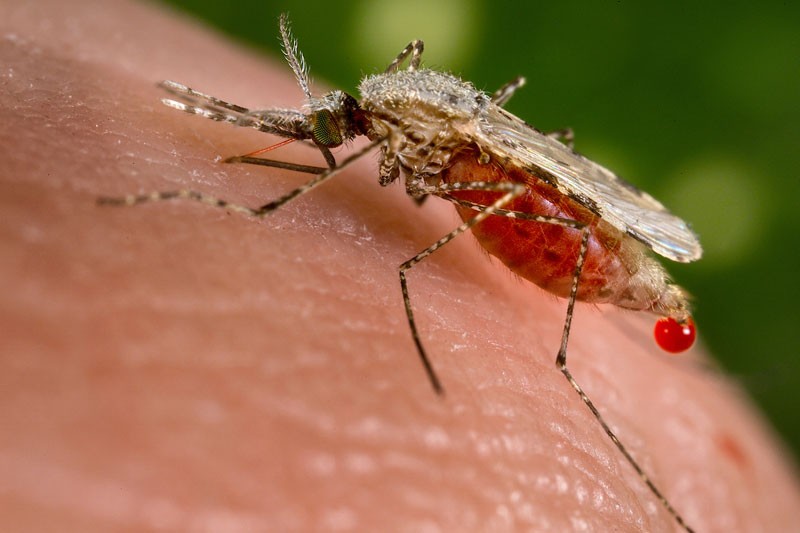A new malaria study using thousands of samples from around the world and conducted with the help of Phnom Penh’s Pasteur Institute has “confirmed definitively” that the parasite’s resistance to the front-line treatment has not yet appeared in Sub-Saharan Africa.
The results provide a “public health breakthrough so badly needed in the fight against malaria,” Didier Menard, head of the malaria unit at the institute, said in a statement on Thursday.

The Plasmodium falciparum strain’s resistance to artemisinin-based drugs was first detected along the Thai-Cambodian border in 2007 and since has been spreading across the country and the region. The medical community’s greatest fear is that it will spread to Africa, where the malaria burden is heaviest.
“The first global mapping of artemisinin resistance has definitively confirmed that resistance to the main drug currently used in the treatment of Plasmodium falciparum malaria is, for the moment, confined to Southeast Asia and has not spread to Sub-Saharan Africa,” the Pasteur Institute said in the statement.
The study, published Wednesday in the New England Journal of Medicine, was led by researchers at the institute’s facilities in Phnom Penh and Paris using more than 14,000 blood samples from 59 countries where malaria is endemic, most of them in Africa.
The study was named Karma for the parasite’s K13 gene, whose mutations can confer drug resistance and which researchers can now use to track its development.
“Until now, scientists have not had the tools to be properly informed about the nature of resistance to anti-malarial drugs in key affected regions such as Sub-Saharan Africa,” Mr. Menard said in Thursday’s statement.
The study was carried out in late 2014 and early 2015 using samples drawn after 2012. But Mr. Menard said the findings were still valid.
“I don’t think the epidemiology changes so fast,” he said by telephone. “So I’m quite sure we have a good view of the situation in the world.”
He said the study also corroborated earlier findings that resistance to artemisinin has developed in the Cambodia-Laos-Vietnam area separately from resistance in Burma, southern China and western Thailand, suggesting that efforts to keep it from physically spreading have had success.
The researchers also added a capacity-building element to the study so that the countries where they drew samples could better watch for signs of resistance on their own.
As for Cambodia, Mr. Menard said, “the artemisinin resistance is quite fixed…. That means that all species are resistant.”
To cope, artemisinin is being partnered with a rotating host of partner drugs based on the particular conditions of various regions of the country.
Ten people died of malaria in Cambodia last year, the same number as in 2014, but recorded cases shot up from 25,000 to 51,000. With the right drug combinations, Mr. Menard said, health workers can keep the number of cases from rising again this year.




